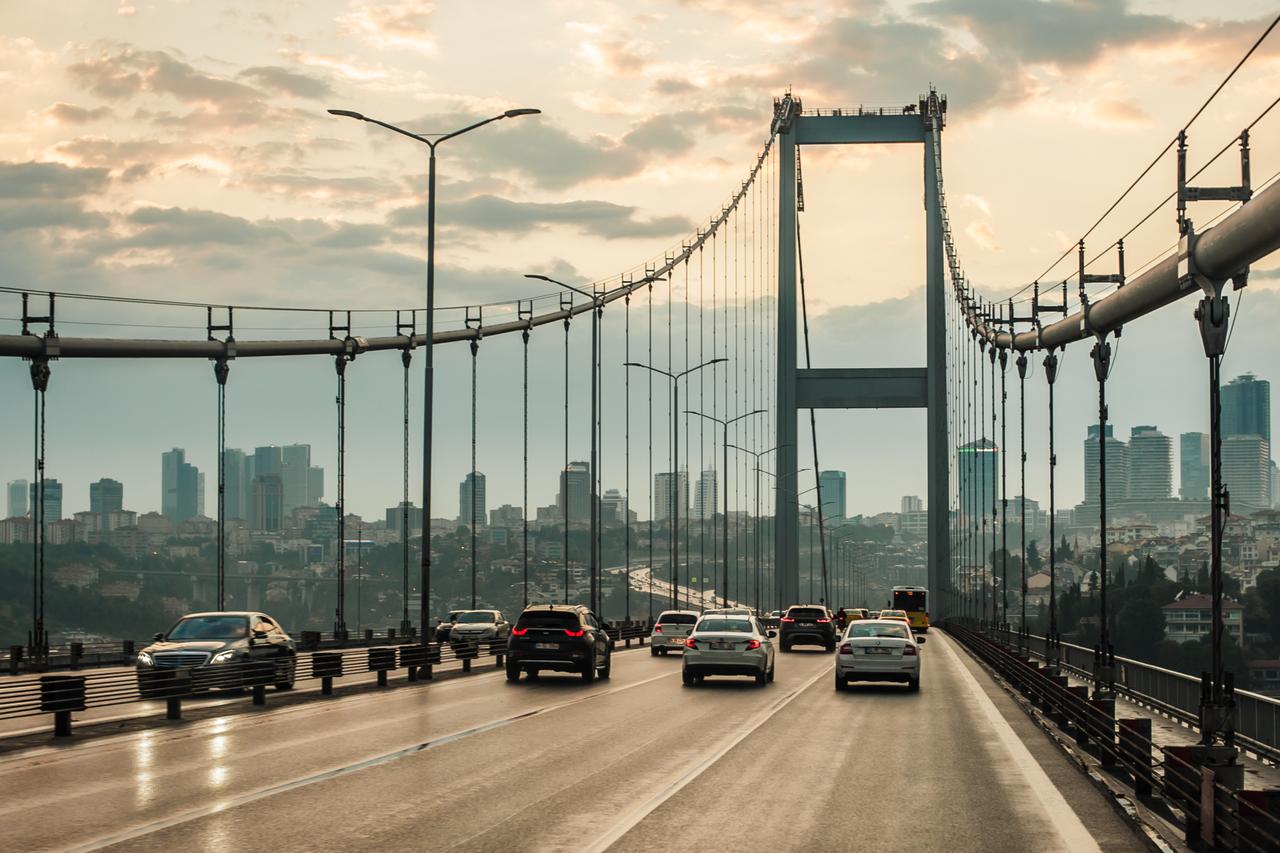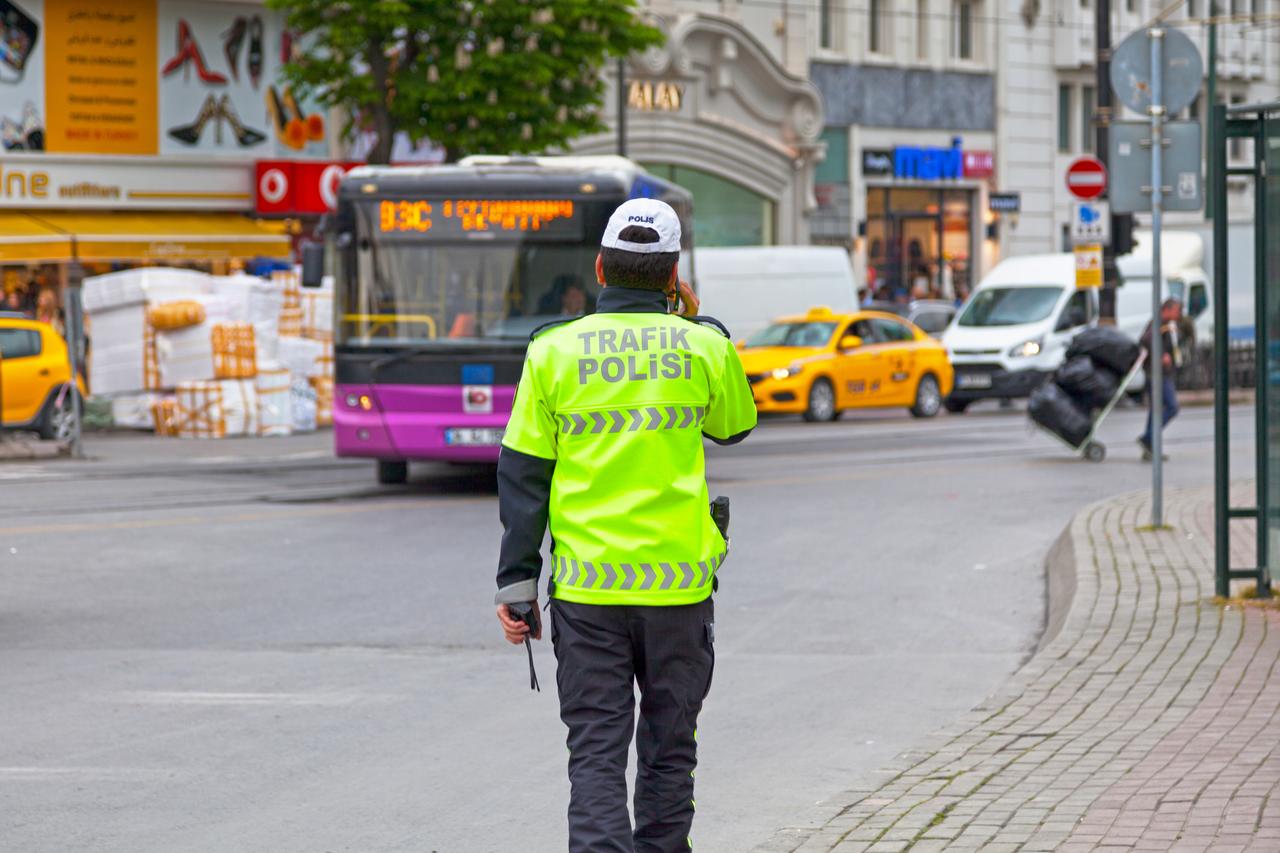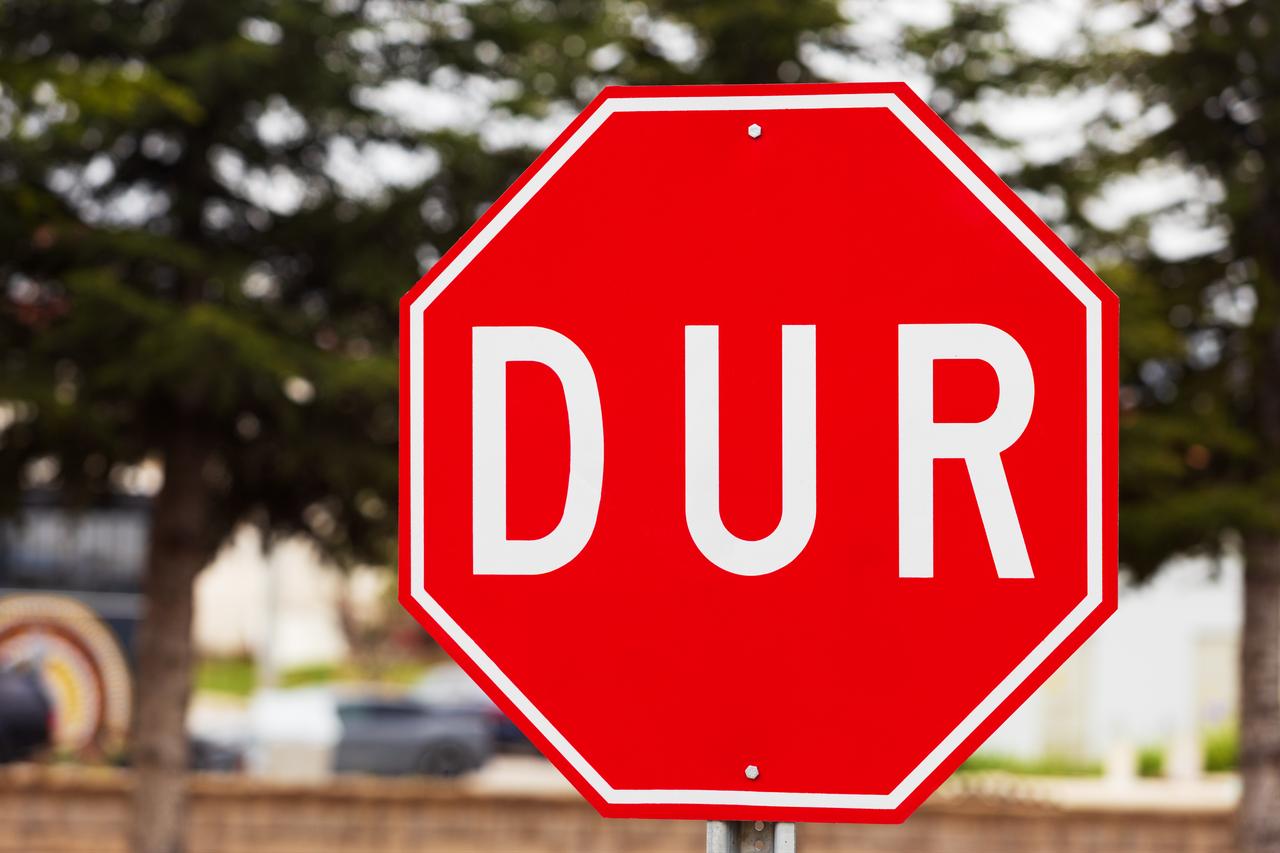
Türkiye is introducing a comprehensive overhaul of its traffic regulations, aiming to reduce road fatalities and enhance road safety significantly, Interior Minister Ali Yerlikaya announced on Tuesday in an exclusive interview with the state-run Anadolu Agency (AA).
The reforms, which include stricter penalties and new enforcement measures, target both domestic and foreign drivers, aiming to establish a culture of responsible driving nationwide.
Türkiye currently has 86 million citizens, 32 million registered vehicles, and 37.5 million licensed drivers. Despite significant improvements in road infrastructure, including highways, dual carriageways, tunnels, and viaducts, traffic accidents continue to be a pressing public safety concern.
According to Yerlikaya, the government aims to reduce annual traffic fatalities to below 3,000 by 2030, equivalent to approximately 7.5 deaths per day, even as the population is expected to reach 88.1 million.

“Dur” (stop) orders and noncompliance: Drivers who ignore police stop orders face sharp new sanctions under the draft law: a 60-day suspension of the driving licence, a 60-day traffic ban, and a ₺200,000 ($4,797) fine for severe cases.
Yerlikaya stressed the change was driven by the toll of officers killed or wounded while enforcing stop orders; he said nine security personnel were martyred and 16 were wounded in related incidents in recent years.
In 2024 alone, 310,000 people failed to obey stop orders (196,000 in cars and 114,000 on motorcycles), the minister said. Previously, the fine for failing to stop had been ₺2,270 ($54).
Seatbelt offences: The draft raises administrative responses to habitual non‑use of seatbelts. Drivers or passengers found not wearing a seatbelt four times or more within one year will face a 30‑day licence suspension; the base fine is cited at ₺2,500.
Yerlikaya noted that in the last six years, 1,126 children under 15 died in crashes where seatbelts were not used.
Loud music and public nuisance from vehicles: Vehicles creating severe disturbance with high-volume music or external speakers—incidents that have escalated into public-order problems—will be subject to tough measures: 30‑day vehicle impoundment, traffic ban, and removal of audio equipment (devices may be physically removed).
The minister said these are not mere nuisance fines but deterrent actions to prevent fights and security incidents.
Motorcycle offences and street racing: Dangerous stunts, acrobatics or racing in traffic lead to 60‑day licence suspension, impoundment and, for repeated offences within five years, permanent licence cancellation.
Yerlikaya noted motorcycle fatalities and rider culpability have risen, prompting stricter rules.
Alcohol and drugs: Repeat alcohol offences within five years may mean a five‑year licence suspension; first-time drug offences carry immediate licence cancellation. Refusal to submit to testing triggers automatic suspension.

Yerlikaya also addressed regulations for foreign drivers in Türkiye, emphasizing that visitors must comply with local traffic laws just like Turkish drivers.
"Foreign drivers may not be familiar with our rules, but once they drive in Türkiye, they are subject to the same regulations. This includes speed limits, mobile phone usage, emergency vehicle protocols and the Barem point system," he said.
Visitors violating these rules face fines, license suspension, and vehicle impoundment, depending on the severity of the offense. Rental car companies are also informed of repeated violations, ensuring that foreign drivers adhere to local safety standards.
The new regulations distinguish between urban and rural roads. Urban areas, especially school and hospital zones, are subject to stricter limits and harsher penalties due to higher accident risks.
Urban fatalities account for 65% of deaths, while 35% occur outside cities. The Barem system ensures that penalties are proportionate to the location and severity of the violation.